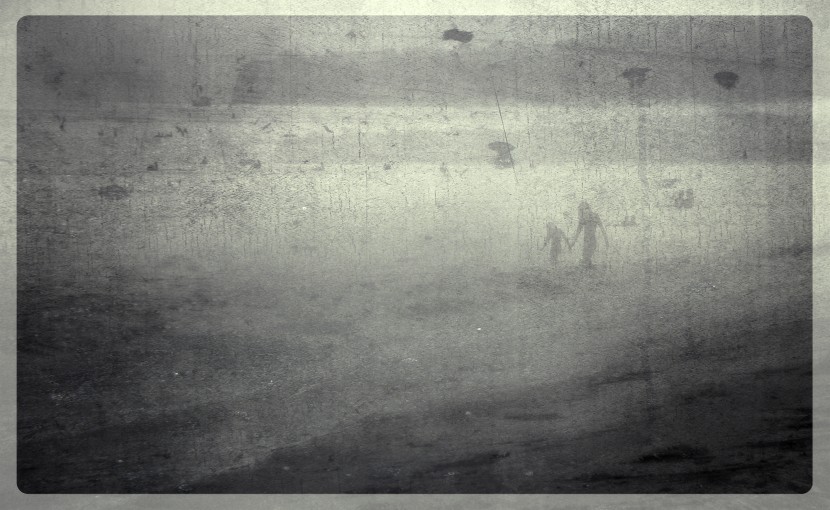How do we first begin to experience love? Perhaps as babies, as early psychoanalysts Fairbairn and Guntrip believed, the only way we could feel loved was by having our needs met. The language of bodily transformation was the language of love. Mommy feeds us, changes our diaper or picks us up and we feel satisfied. This feeling of satisfaction and security may be the early equivalent to feeling loved. Love becomes represented by how satisfied and safe our caretakers make us feel; how easily and well they transform our bad feelings into good ones. As a result, I believe that we continue throughout life believing on a primal level that our loved ones show us that they love us by meeting our needs, and as a result, how well they meet our needs indicates how lovable we are. This is the way we reason, early in life.

dreaming of what is to come

